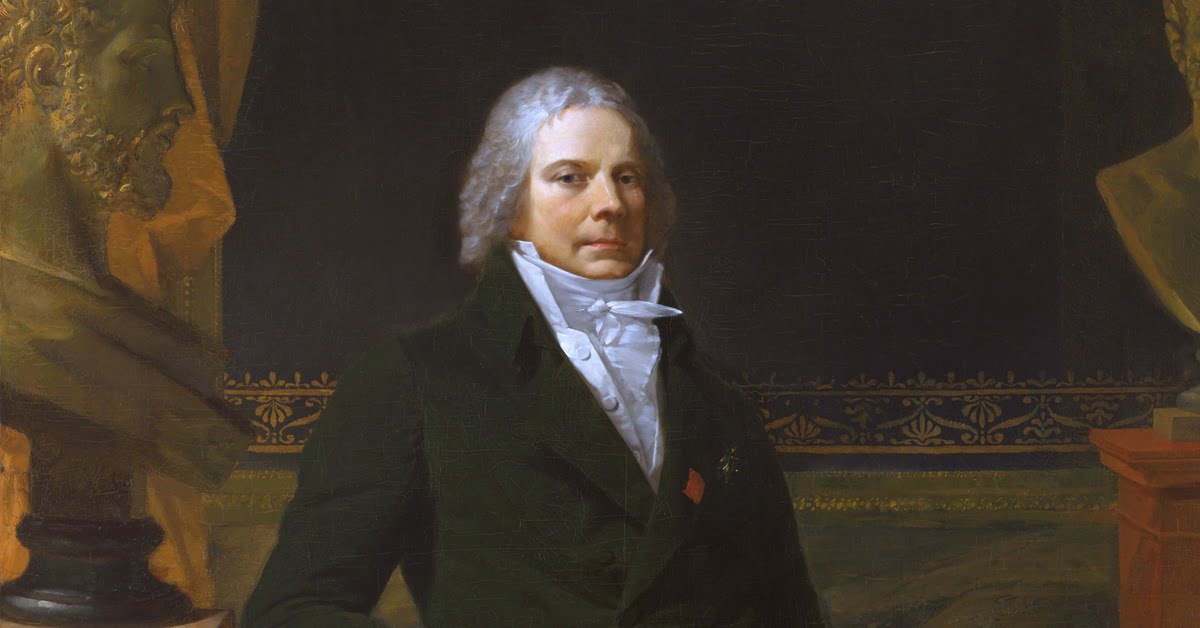The surname of the French Minister of Foreign Affairs under three regimes has long become a household name to denote an unprincipled person. We checked to see if the diplomat said one of the most frequently attributed phrases to him.
A bishop excommunicated for participating in revolutionary activities, a man who contributed to Napoleon's rise to power, an American speculator, an accomplice of the Bourbon restoration, a collector of bribes from governments around the world - all this is Charles Maurice de Talleyrand-Périgord. The fact that he is the author of the catchphrase about betrayal is confirmed by such sources as “RIA Novosti", "Arguments and Facts", historian Natalya Basovskaya, encyclopedia magazine "Around the World", magazine "Historian", books by Victor Eremin "100 Great Intrigues" and Inna Soboleva “Defeat Napoleon. Patriotic War of 1812", as well as various collections of sayings. In some cases the quote is presented in expanded form: “Betrayal is a matter of date. To betray in time means to foresee.”
However, if you try to find the main quotation in Russian-language literature before 1982, then nothing will work. In the indicated year, appeared in the magazine "Neva" note, dedicated to Valentin Iosifovich Gaft, where, in particular, the character Sidorin, brilliantly played by him in the film “Garage” (1979), is described. It was thanks to this film and its screenwriters Ryazanov and Braginsky that the phrase seems to have gone to the people:
What about Talleyrand? No variation of the translation of the phrase about foresight into French or English appears to be known abroad. One of the few French-language links takes us to interview, which was given to the newspaper Le Monde... by Ukrainian politician Yuriy Lutsenko. So Soviet comedy should be considered not just the reason for the popularity of the phrase in the post-Soviet space, but its original source.
The “prologue” of our quote has a completely different fate: “Betrayal is a matter of date.” German historian Peter Berglar in his book “Metternich. The coachman of Europe is the doctor of the revolution" (1973) attributes her Talleyrand, however a number of publications Another Frenchman, Cardinal Richelieu, is named as its author. But all examples of the second attribution are moderately modern, and this suggests that the source of the misconception about Richelieu was the attribution of these words to him in the 1990 blockbuster "Die Hard 2". But regarding the authorship of Talleyrand, the source is much more reliable. IN memoirs The diplomat himself says that at the Congress of Vienna the Russian emperor called Saxony “those who betrayed the cause of Europe” (hinting at an alliance with Napoleon), and Talleyrand sarcastically objected to him: “It’s only a matter of time.” The Frenchman meant that at one time Russia was in a similar alliance with Napoleon.
But that's a completely different story. But the source of the phrase “To betray in time means to foresee,” in all likelihood, is Eldar Ryazanov’s film “Garage.” At least Talleyrand himself did not write such things.
Incorrect quote attribution
Read on the topic:
1. Memoirs of the Prince de Talleyrand.
If you find a spelling or grammatical error, please let us know by highlighting the error text and clicking Ctrl+Enter.






